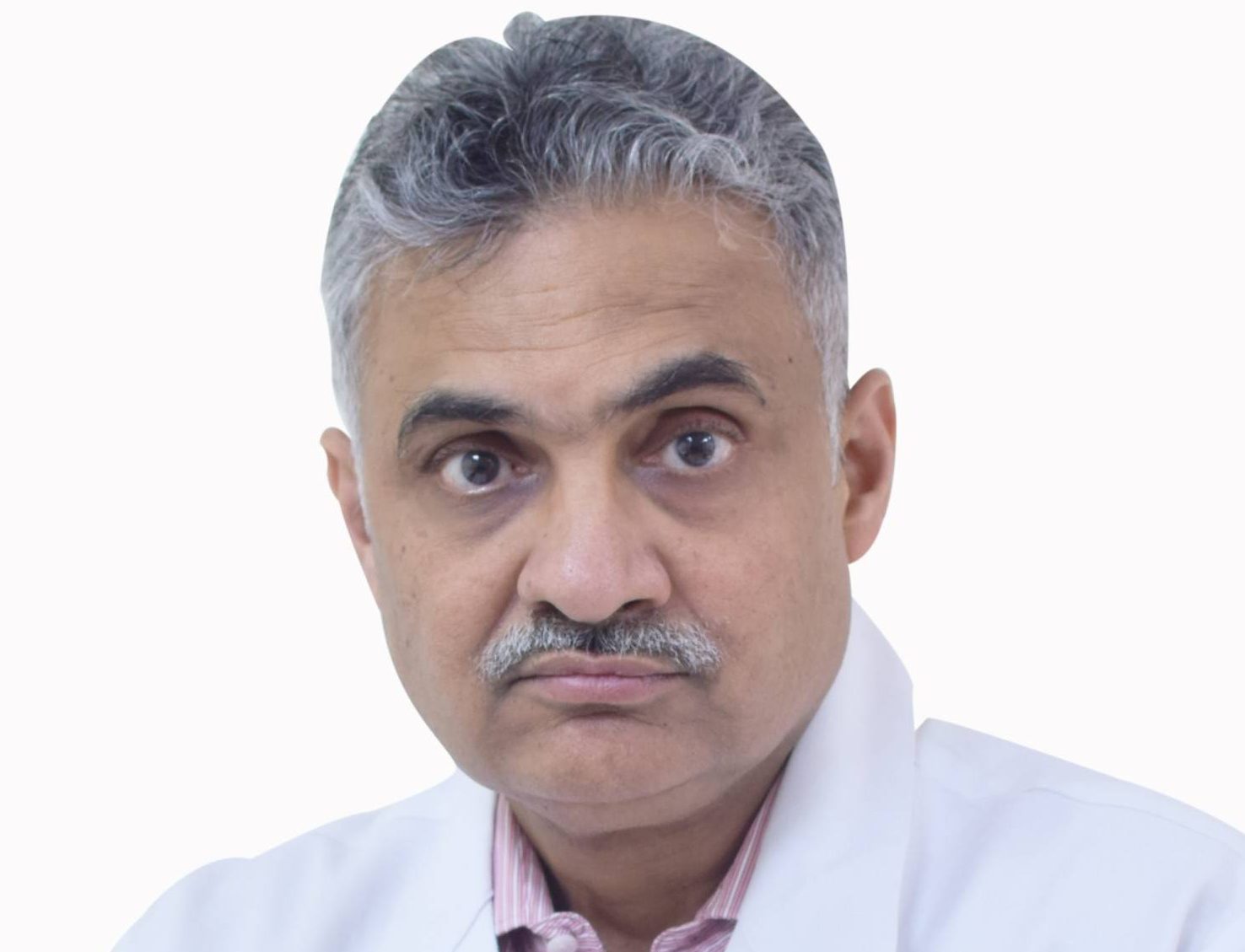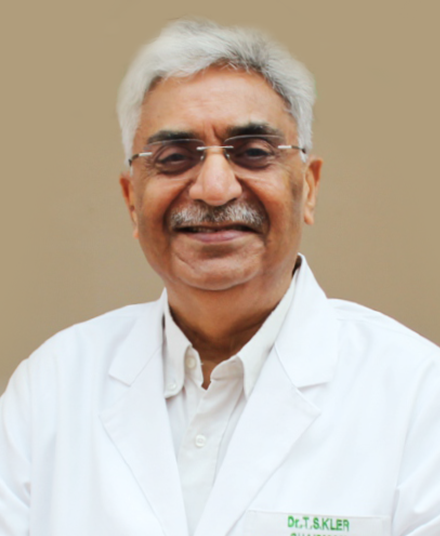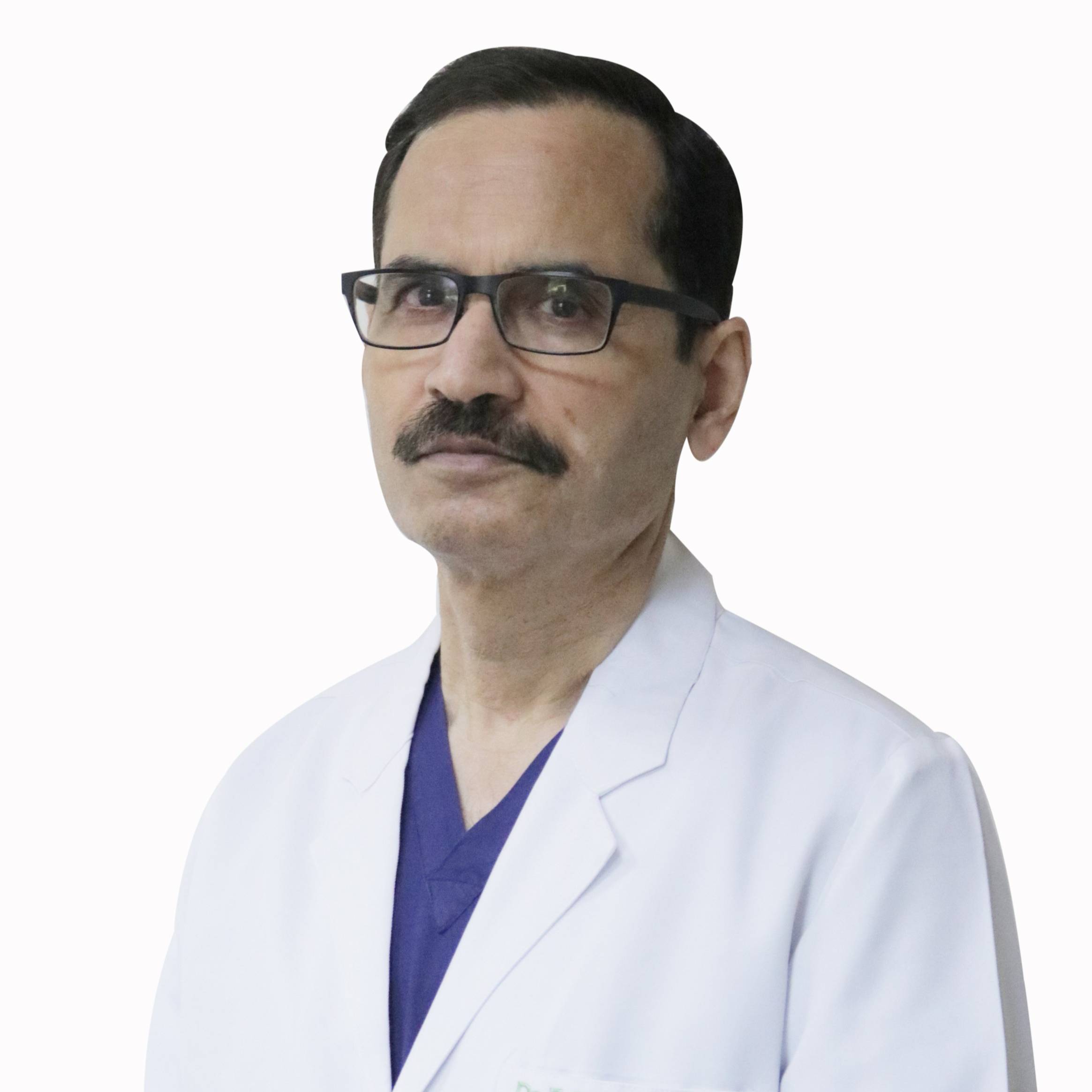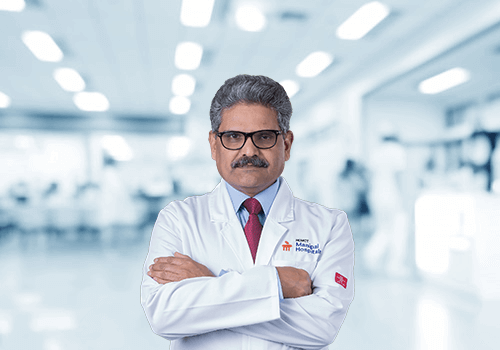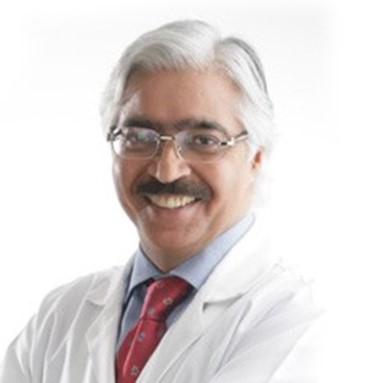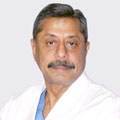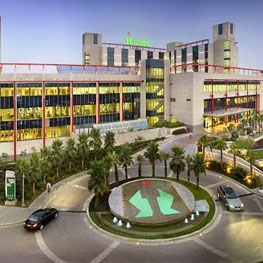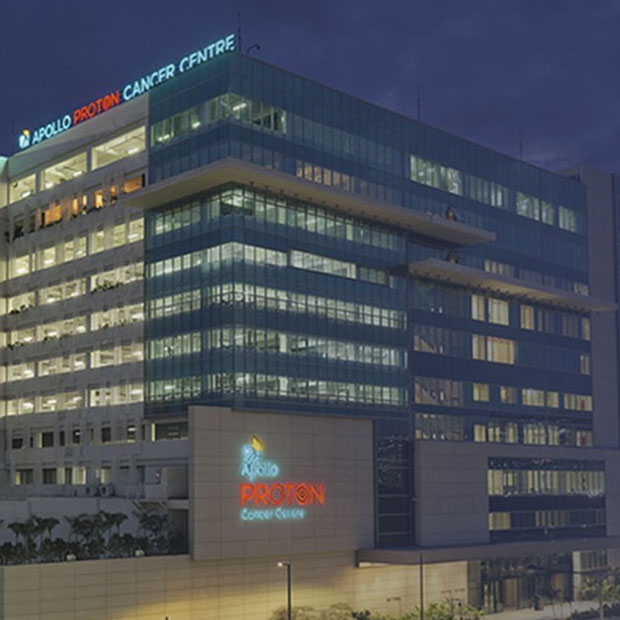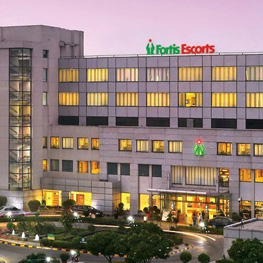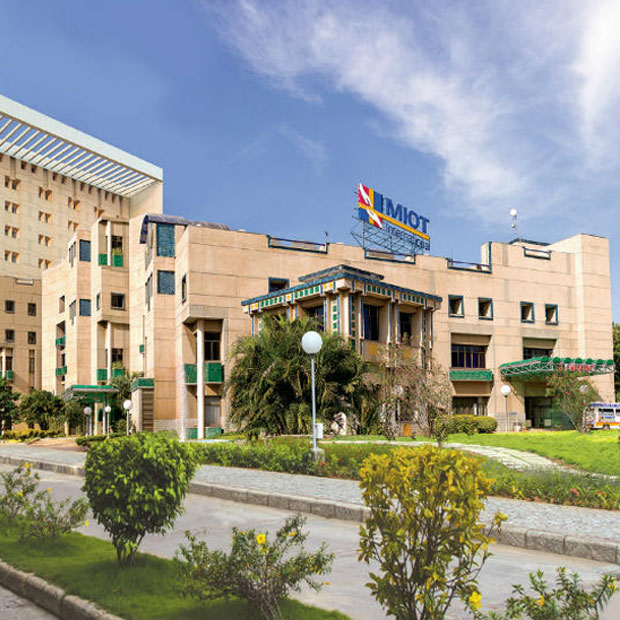About the Doctor
Dr. Praveer Agarwal, Director Fortis Escorts Heart Institute, New Delhi is a nationally renowned cardiologist who has contributed extensively to the growth, development and training in the field of Interventional Cardiology in India. He is dedicated to provide compassionate and comprehensive treatment with an aim to serve the community at large. He is one of the most versatile interventional cardiologists in India providing round the clock services, including timely management of acute heart attack patients by using various thrombectomy devices at Fortis Escorts Heart Institute. He is an expert in treating all types of blockages in coronary arteries using all techniques (Rotational atherectomy, directional atherectomy, all types of Drug Eluting Stents, intravascular ultrasound, pressure wire) depending upon merits of blockages. He is also an expert in treating blockages in peripheral arteries (Carotids, subclavious, iliacs, renals and superficial femoral arteries) and abdominal aortic aneurysm using endovascular stent grafts.
Specialization
- Rotational atherectomy
- Directional atherectomy
- Drug Eluting Stents
- Intravascular ultrasound
- Pressure wire
Awards
- China Interventional Therapeutics (CIT); March 19-March 23, 2008: Beijing International Convention Centre, Beijing, China.
Frequently Asked Questions About Cardiology
What are the conditions a cardiologist can treat?
Heart disease is not a single condition, but a general term used for a variety of diseases and conditions that can affect the heart. At Fortis, the cardiologists specialize in treating a wide range of cardiac conditions, as mentioned below
- Adult congenital diseases
- Arrhythmia
- Congenital cardiac disease
- Angina
- Endocarditis
- Heart failure
- Heart valve disorders
- Heart attack
- Valvular disease
- Hypertension
Is a referral from a general physician necessary, to get a prescription from a cardiologist?
Usually, a general physician refers a patient to a heart specialist or cardiac surgeon. However, a person can directly ask for a cardiologist consultation too.
What are the risks of heart surgery?
All major surgeries including any heart surgery carries some risks. However, the result of these surgeries is usually excellent and hence the benefits outweigh the risks. Some associated risks of heart surgery are as mentioned:• Bleeding
- Bleeding
- Signs of inflammation such as swelling, pain, infection, fever.
- Complications related to anaesthesia like nausea, vomiting, headaches, etc.
- Irregular heartbeats/Arrhythmias
- Peripheral vascular disease
- Damage to internal tissues of heart, lungs, liver, and kidneys
- Stroke
- Death (This might occur in people who are critically ill before the surgery)
In general, the risk of complications increases if any heart surgery is performed in an emergency, ex. during a heart attack. The risk is also higher if the patient has some other underlying conditions or diseases, such as kidney disease, lung disease, diabetes or peripheral arterial disease. The cardiologists at Fortis will evaluate all the potential risks and help determine the best course of treatment for the patient.
Are smoking and heart disease-related?
About 30% of cardiac deaths in India are directly related to smoking. Smoking is a leading cause of atherosclerosis. Among other things, nicotine in smoke can lead to:
- Less oxygen supply to the heart
- Higher blood pressure and heart rate
- More blood clotting
- Damage to cells that line coronary arteries and other blood vessels.
What are the most common heart attack symptoms?
Symptoms of a heart attack include:
- Discomfort, pressure, heaviness, or pain in the chest, arms, or under the chest
- Feeling of discomfort that radiates to the back, neck, jaw, or arms
- A feeling of poor digestion or suffocation (may feel acidic)
- Sweating, nausea, vomiting or dizziness
- Extreme weakness, anxiety or shortness of breath
- Irregular heartbeat
During a heart attack, symptoms usually last 30 minutes or more and do not decrease with rest or taking medication. The first symptoms can appear as mild symptoms that cause considerable pain. Some people experience asymptomatic heart attacks called “silent” myocardial infarction (MI). It is more common in people with diabetes. If you feel you have a heart attack, do not wait immediately go to the hospital. Treating your heart attack right away is very important to reduce damage to your heart.
How
What are the different kinds of cardiology tests?
Cardiology is the study and treatment of the disorders that affect the heart and blood vessels. If you are experiencing heart disease or are at risk of it, then your cardiologist will prescribe some tests that will help them diagnose and treat your condition. Some of the common tests carried out are:
Electrocardiogram (ECG): This test will record the electrical activity of the heartbeat. This will help the doctor determine if the activity is normal, slow, fast or irregular. It also helps them understand if any part of your heart is under strain and is being overworked.
Ambulatory ECG: Records the heart’s rhythms while the person is engaged in a physical activity like running or walking on a treadmill. Small metal electrodes are stuck on the patient’s chest that help record the heart’s rhythm.
Stress test: This shows the heart’s activity when you’re exercising, and while you’re resting. This test will determine the limitations and performance levels of your heart.
Echocardiogram: Provides an ultrasound picture that displays the structure of the heart chamber and its surroundings. This is done to detect inflammation and infections in the heart valves.
